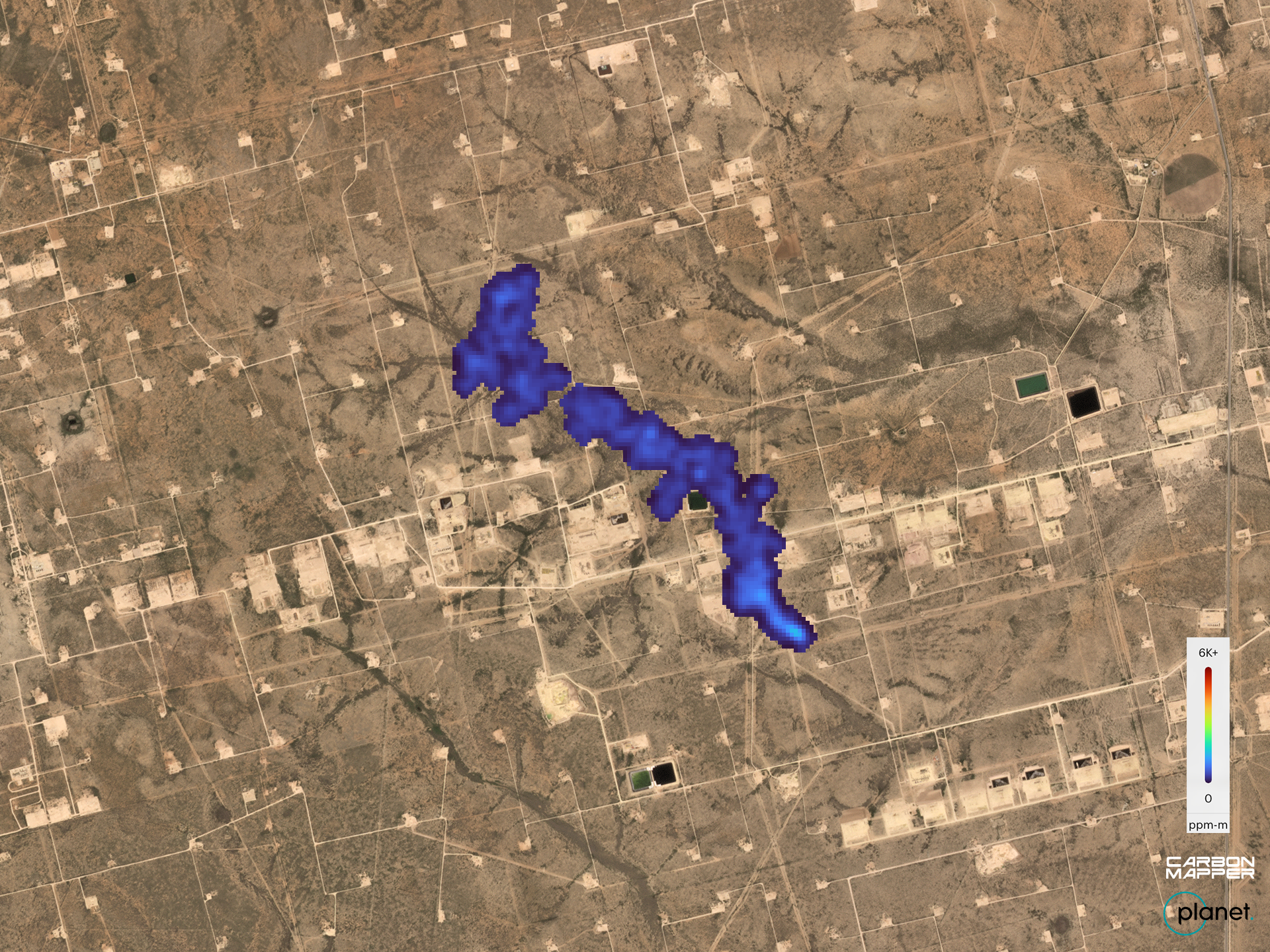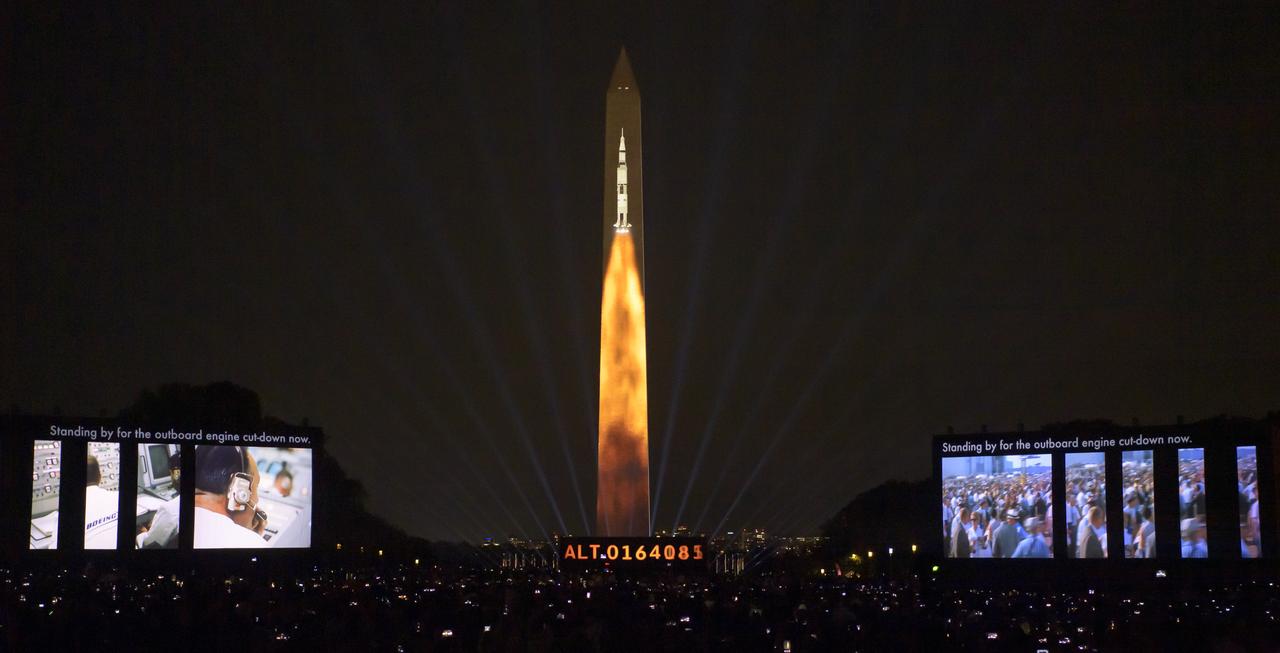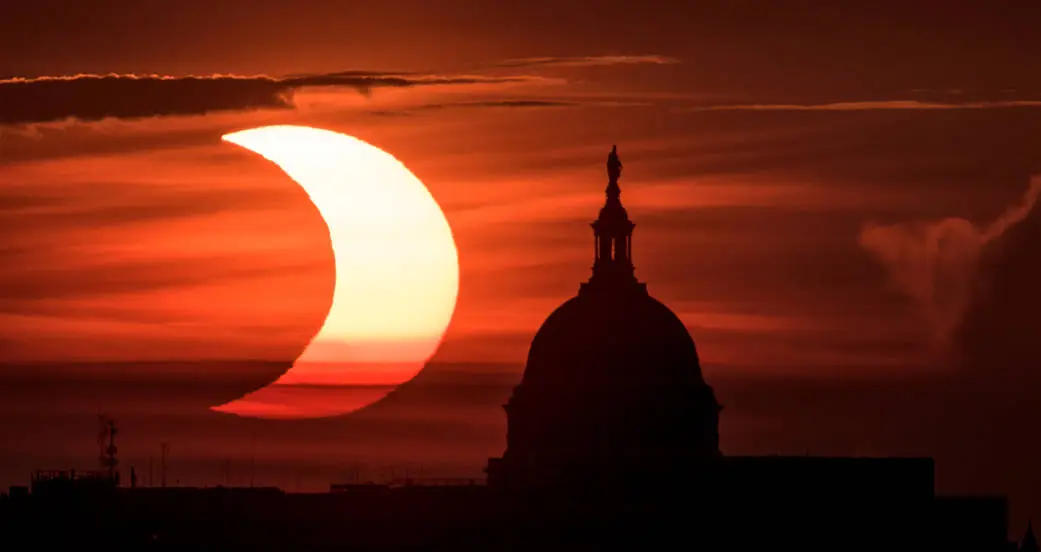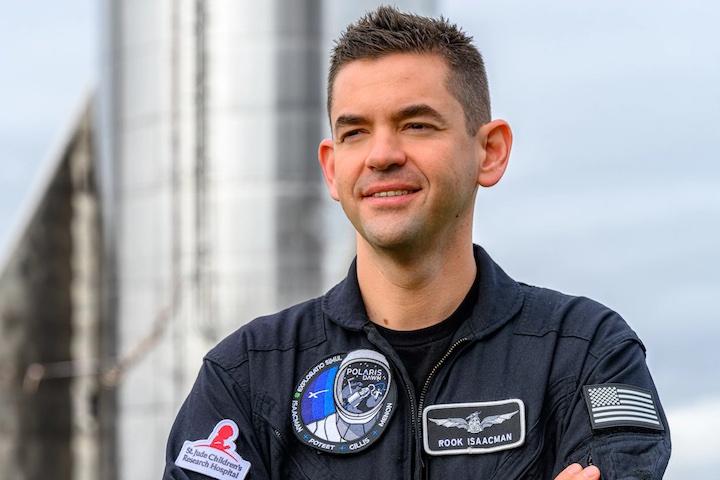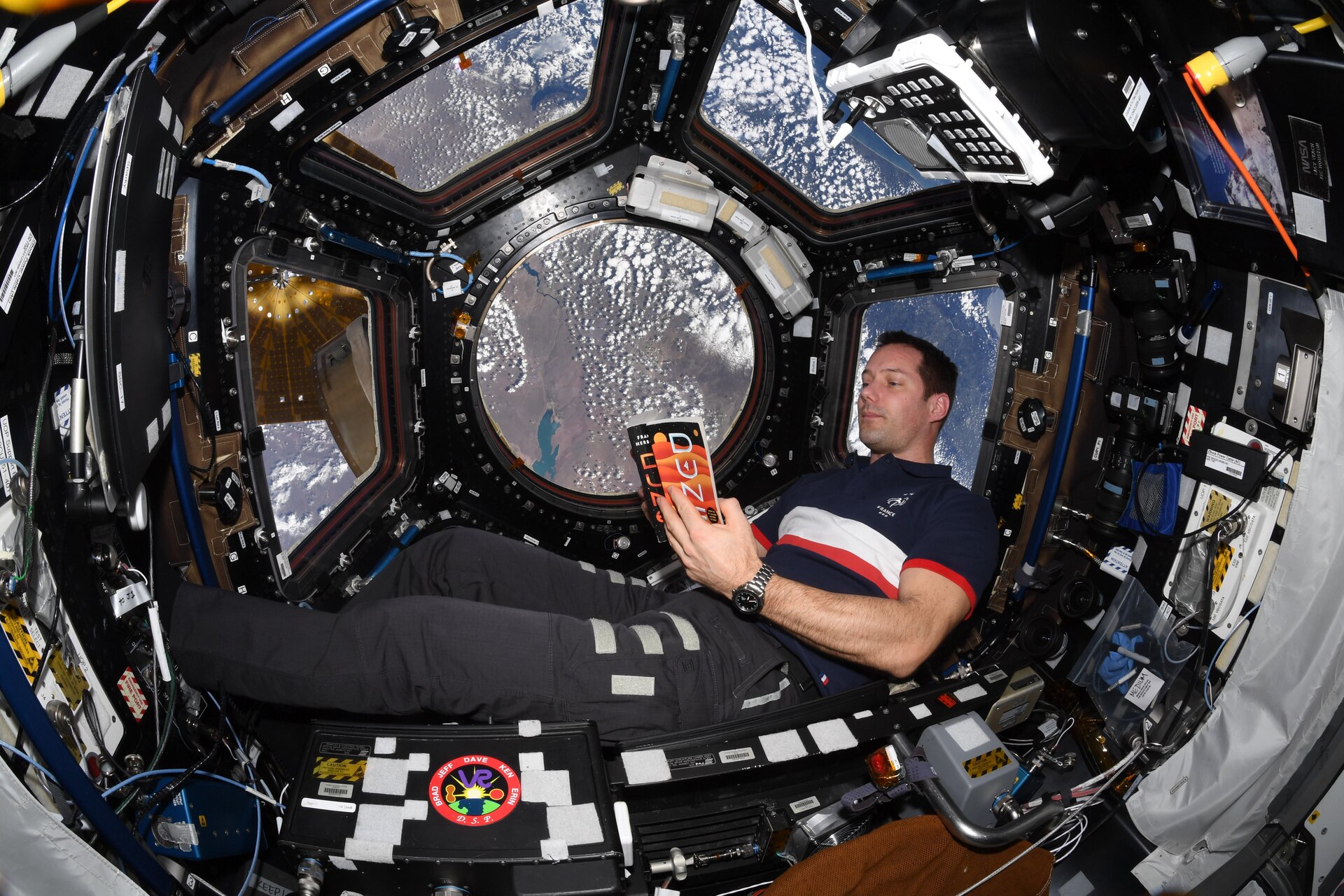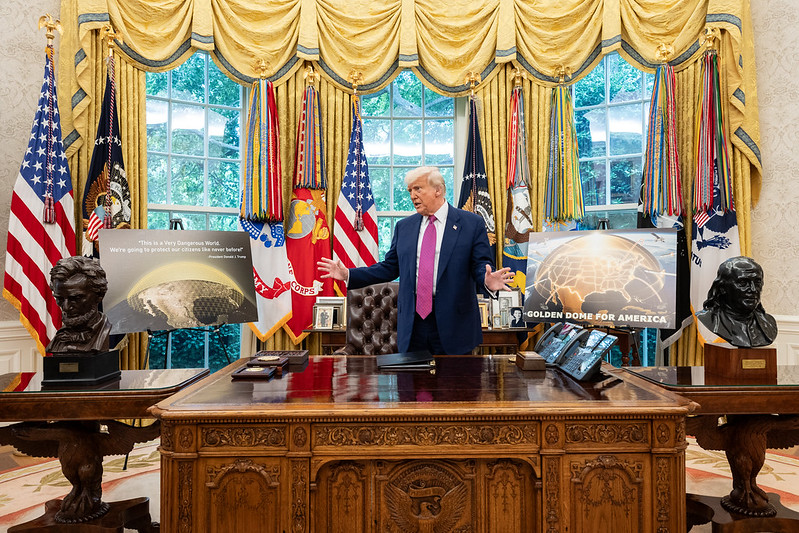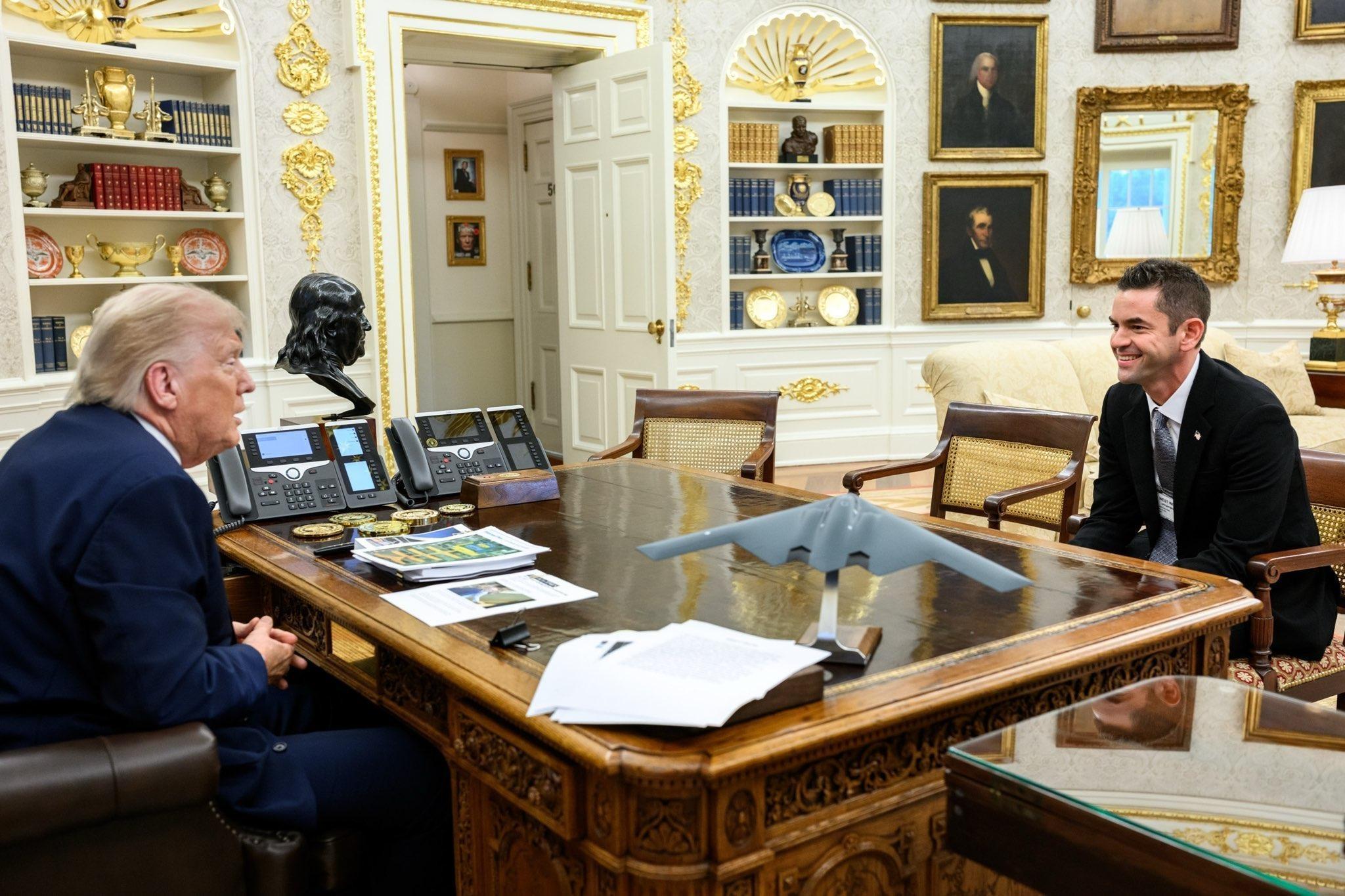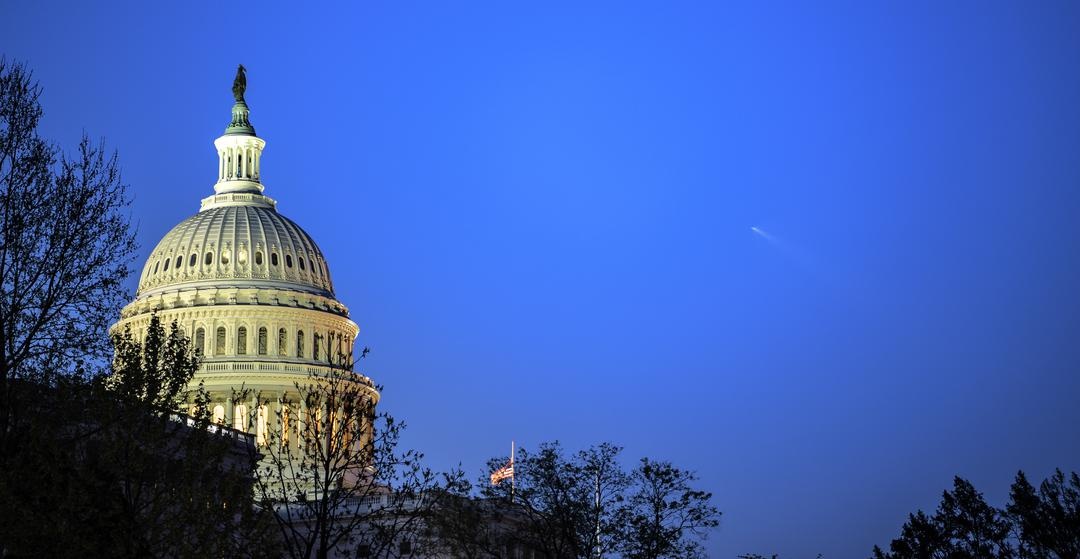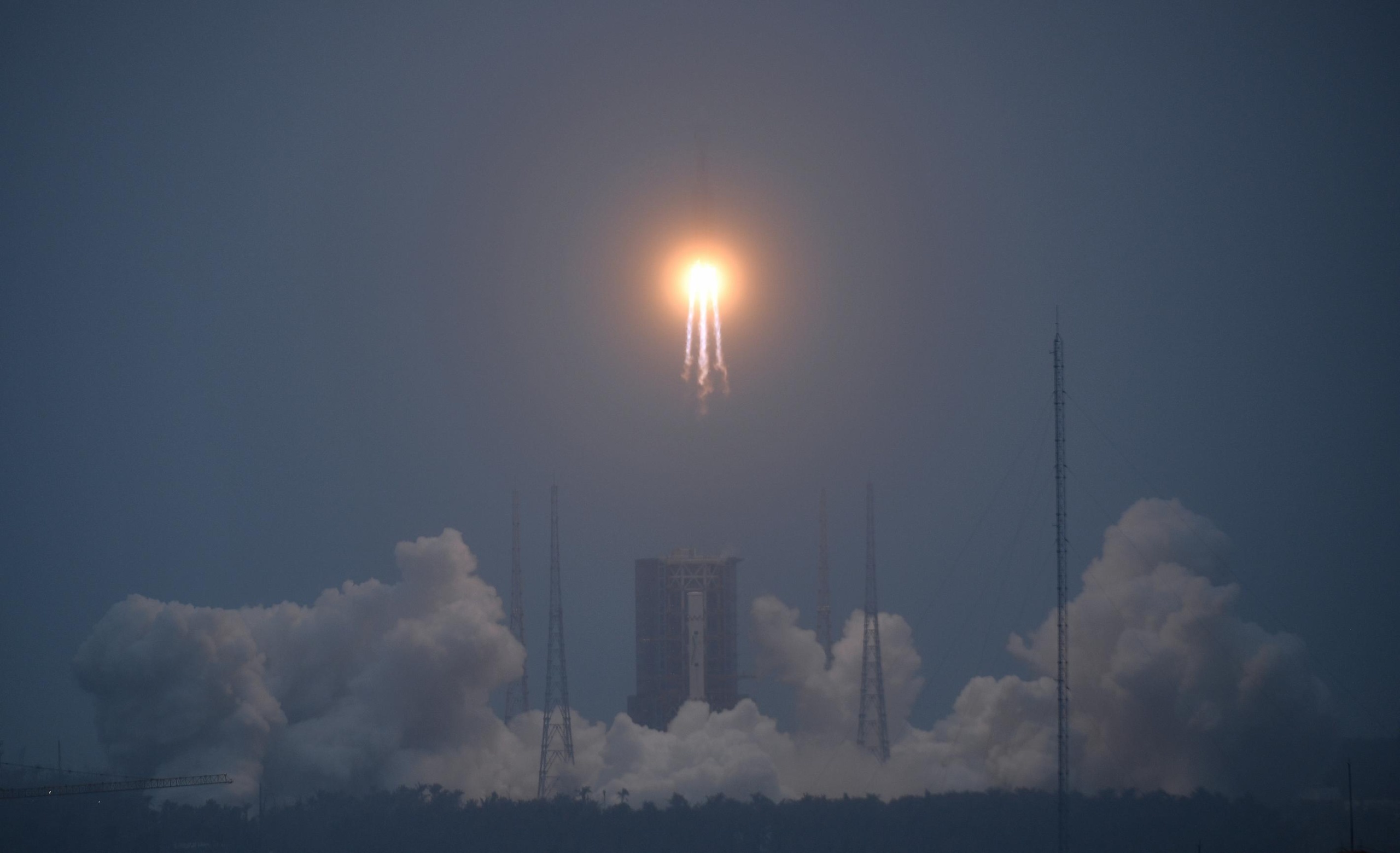Polaris
Stories from Payload’s weekly space policy newsletter, Polaris.
Bill Spotlight: Methane Monitoring Science Act
Two lawmakers introduced a bill that would task NASA to improve the nation’s ability to detect cow farts—and all other forms of methane leaks.
Rep. Mike Haridopolos On Cutting Red Tape, Passing NASA Bill
“We don’t have the budgetary ability to do everything and now—unlike 10 years ago—there is a business case to be made.”
Congress is Considering a NASA Authorization Bill—Again
Recently, it’s become an annual exercise for lawmakers, and a stated priority for committee leaders past and present. However, past bills have stalled and failed to codify the space agency’s missions.
Report: How to Better Deter Russia in Orbit
While China is making all the headlines in Space Race 2.0, a DC think tank is cautioning policy makers not to forget about the threat posed by Russia in orbit.
Senators Introduce Bills on Space Workforce, Regulations
The NASA Talent Exchange Program Act would boost collaboration between the space agency and industry—by letting staff from each side walk a mile in the other’s shoes.
NASA Starts 2026 With Budget Plan, Administrator
NASA is starting off the year hot, with a positive budget proposal—as well as a permanent administrator at the helm, after nearly a year of interim leadership.
Build Your Space Policy To-Read List
If you’re looking forward to the holidays to cozy up with a good book, we’ve got you covered.
How Space RCO Wants to Go Faster
The Space Force’s Space Rapid Capabilities Office (Space RCO) was established in 2018 to buy space tech and get it into troops’ hands as fast as possible—but according to its director, it’s not going fast enough thanks to barriers outside the organization.
NDAA on Golden Dome, Acquisition, Nat Sec Launch
House and Senate negotiators unveiled the compromise fiscal 2026 National Defense Authorization Bill on Monday, which would codify President Donald Trump’s Golden Dome missile defense program into law.
A Preview of Isaacman’s Confirmation Hearing
The fireworks start at 10am ET, when the two-time SpaceX astronaut and billionaire nominee to lead the space agency appears before the Senate Commerce, Science, and Transportation Committee. That will be his second appearance this year, after his first nomination for the job was pulled in May.
Sprint to the Finish: What’s on Deck for December
Next week is the official start of “let’s circle back on that in the new year” season—but not for Congress, where lawmakers have a handful of time-sensitive priorities on their holiday to-do list.
A Debate on the Wolf Amendment
Necessary national security safeguard, or out-of-touch barrier to communication with a leading space power? That was the question at the heart of a debate last week on whether the Wolf Amendment is still in America’s best interest, almost 15 years after it became law.
